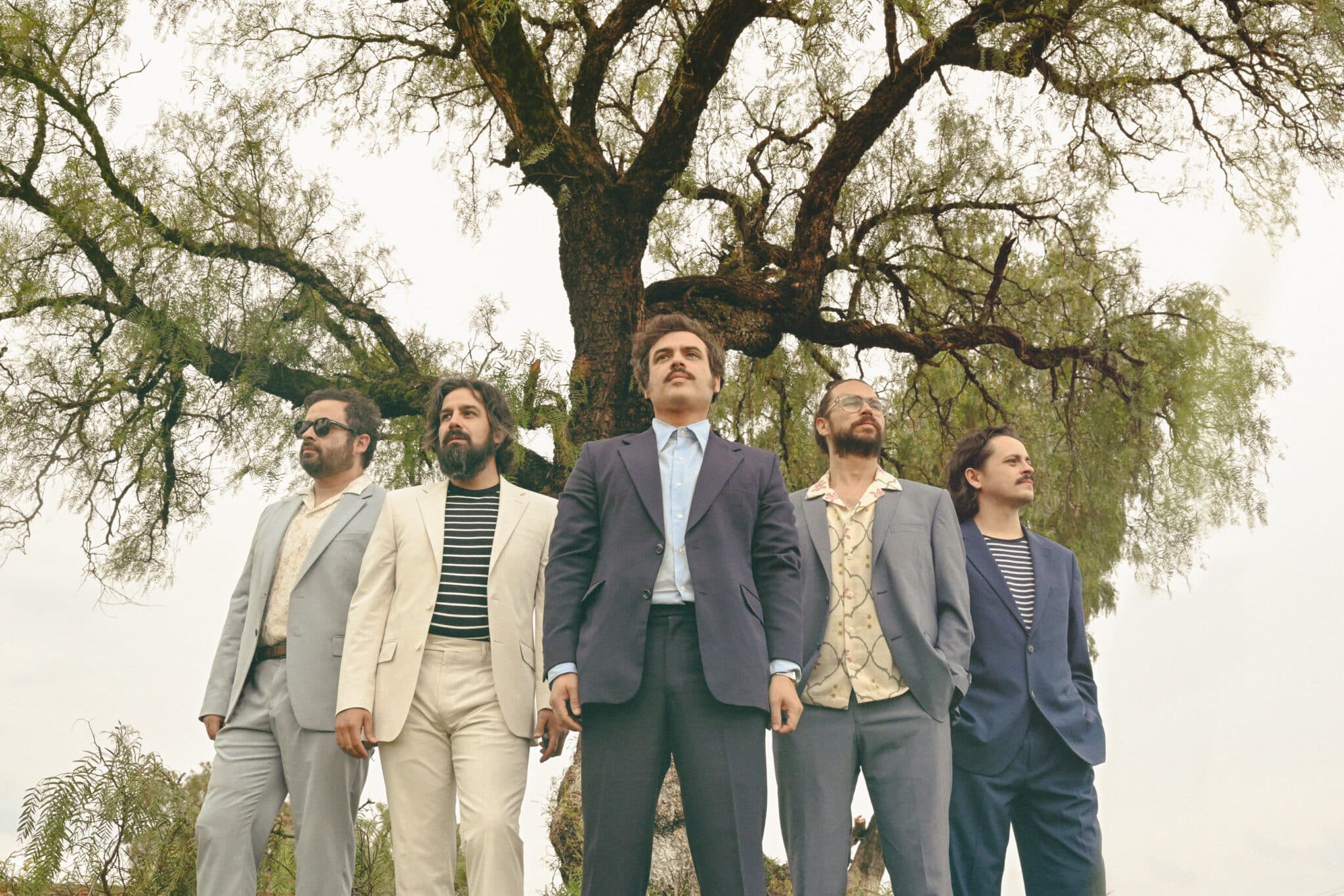Demi Lovato Gasses Up Her Teen Self In Her Latest Music Video ‘OK Not to Be OK’
Demi Lovato is hardly a stranger to opening up about the things that have plagued her. The “Sorry Not Sorry” singer has long used her voice and platform to shed light on the issues that so many young girls struggle with. Namely body image. Like many young girls across the country (who are reportedly more likely to suffer from the pressures of our society’s pressure to obtain the “ideal body”) Demi Lovato has been open about her years struggling with eating disorders. Moreover, in recent years Lovato has positioned herself as an advocate for young girls suffering from similar issues.
In a recent music video, Lovato is opening up about her pain by doing so with a girl she can relate to on a completely different level: her younger self.
Lovato’s newest song comes with a heartwrenching and brilliant collab with Marshmello.
In her latest video, Lovato finds herself transported to her childhood bedroom, waking up in her old bed. When she looks in the mirror, she finds herself staring straight into the face of her younger self (a la Camp Rock). Marshmello also wakes up in his own childhood room, and the two artists end up settling with their past demons throughout the rest of the video.
The lyrics of the song detail the process of coming to terms with dark emotions and mental health struggles. “Don’t get lost in the moment, or give up when you’re closest,” Lovato sings in the new music video. “All you need is somebody to say, it’s OK not to be OK.”
Throughout the video, the teenage and adult versions of Lovato and Marshmellow rage in their bedrooms in the video before ultimately finding a balance. The video concludes with both versions of Demi holding hands and meeting up with the teenage and adult versions of Marshmello while dancing down a street.
“I think it’s just such an important subject,” Marshmello said about the song’s release on World Suicide Prevention Day. “I think a lot of people, about negative feelings and negative thoughts that are affecting them are kind of scared to bring it up, scared to talk about it. When in reality, they’re scared because maybe the person won’t relate or the person won’t understand, when in reality most of time the person that you could bring it up to, will most likely has felt like this or will understand or can relate as well. So I think it’s very important to talk about it.”




